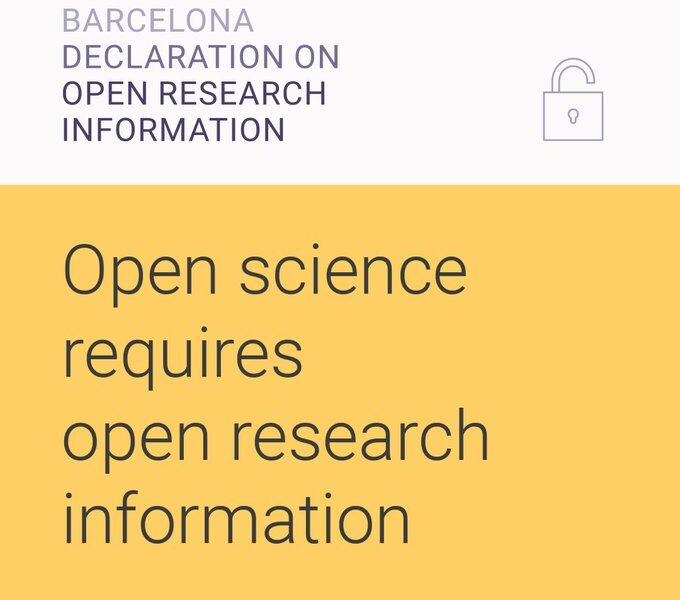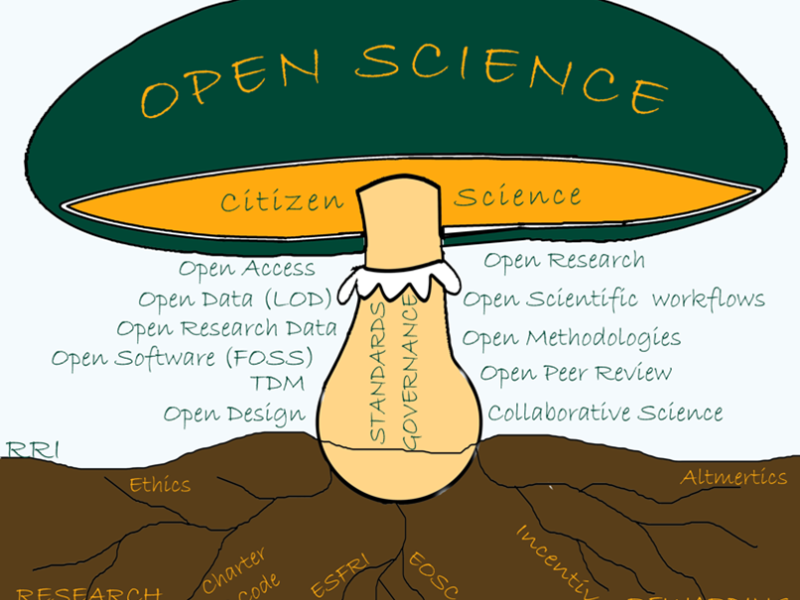Open Science Publishing Models
Open Science Publishing Models https://opusproject.eu/wp-content/uploads/2023/04/pexels-cottonbro-studio-2925316.jpg 1 1 Open and Universal Science (OPUS) Project Open and Universal Science (OPUS) Project https://opusproject.eu/wp-content/uploads/2023/04/pexels-cottonbro-studio-2925316.jpgOpen science is a movement that aims to make scientific research more transparent, accessible, and collaborative. One of the key elements of open science is open access publishing, which allows anyone to read scientific articles online without paying for access. However, there are various publishing models that fall under the umbrella of open science. In this article, we will explore the different publishing models in open science and their advantages and disadvantages.
- Gold open access
Gold open access is a publishing model in which the author or the author’s institution pays a fee to make the article freely available to readers. This model is often referred to as the article processing charge (APC) model. The advantage of this model is that it allows readers to access articles for free, which increases the visibility and impact of the research. Moreover, it ensures that the authors retain the copyright to their work. However, the APCs can be high, and this model can be a barrier to researchers from low-income countries.
- Green open access
Green open access is a publishing model in which authors deposit their articles in a repository or an archive, often after a period of embargo. This model is also referred to as self-archiving. The advantage of this model is that it allows authors to make their articles freely available without paying APCs. Moreover, it allows readers to access articles even if they do not have access to a subscription. However, this model can lead to confusion about the version of the article that is being cited and can also lead to copyright issues.
- Platinum open access
Platinum open access is a publishing model in which the entire publishing process is funded by non-profit organizations, such as foundations, societies, or universities. This model eliminates the need for APCs, and the articles are freely available to readers. The advantage of this model is that it provides a sustainable and equitable model for open access publishing. However, this model can be difficult to implement on a large scale, and it may not be financially sustainable for all types of publications.
- Diamond open access
Diamond open access is a publishing model in which the entire publishing process is funded by non-profit organizations, and the articles are free to read and publish. This model is also referred to as community-based publishing. The advantage of this model is that it allows for greater collaboration between researchers and can lead to more diverse and inclusive publications. However, this model can be challenging to implement on a large scale, and it requires significant community engagement and support.
- Hybrid open access
Hybrid open access is a publishing model in which publishers offer a combination of open access and subscription-based publishing. This model allows authors to choose whether they want to publish their articles in open access or subscription-based journals. The advantage of this model is that it allows authors to publish their articles in prestigious journals that may not be fully open access. However, this model can lead to confusion about the availability of articles and can be costly for authors who choose to publish in open access journals.
Open science has brought about several publishing models that aim to make scientific research more transparent, accessible, and collaborative. Each model has its advantages and disadvantages, and it is up to authors and publishers to choose the best model for their publications. Regardless of the publishing model, open access publishing can increase the visibility and impact of scientific research and promote greater collaboration between researchers.
- Posted In:
- Open Science News




